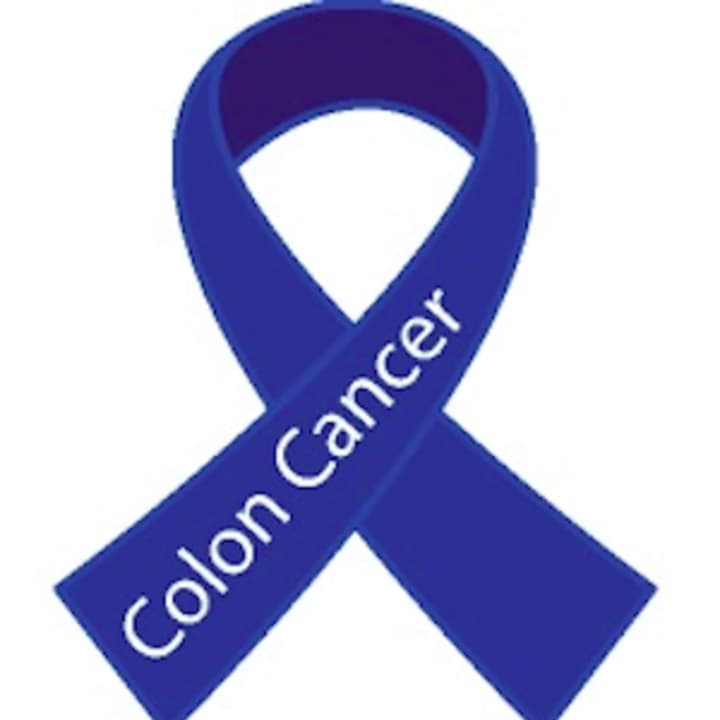Through recommended screening, polyps can be detected and removed, preventing cancer altogether. Yet some 23 million people who should be tested have never been screened. Approximately 49,700 Americans will die from the disease this year, but this number could be lowered in the future by getting the word out about prevention.
“A colonoscopy is one of the most important steps in the prevention of colon cancer,” said Kimberly Yee, MD, colorectal surgeon at White Plains Hospital. “A colonoscopy involves using a long, thin, flexible tube, which is inserted through the rectum into the lower digestive tract while the patient is sedated or asleep in order to view the patient’s intestinal lining for inflamed tissue and any abnormal growths.”
If polyps (growths) are found during the exam, they are quickly and painlessly removed at that time and later tested in a laboratory for signs of cancer. Polyps are common in adults and usually harmless. However, most colorectal cancer begins as a polyp, so removing polyps early is an effective prevention method.
If colon cancer is so preventable and treatable, why do people avoid getting screened?
Some people incorrectly believe that if they don’t have a family history of the disease, they are not at risk. The fact is that most people who get colon cancer do not have a family member who had the disease. Others may be afraid or embarrassed of getting a colonoscopy, or may not know about other options – such as take-home tests.
The American Cancer Society recommends everyone age 50 and older get screened for colon cancer even if they show no symptoms. You can also help spread the word about the importance of colon cancer screening by sharing the American Cancer Society’s recommendations.


